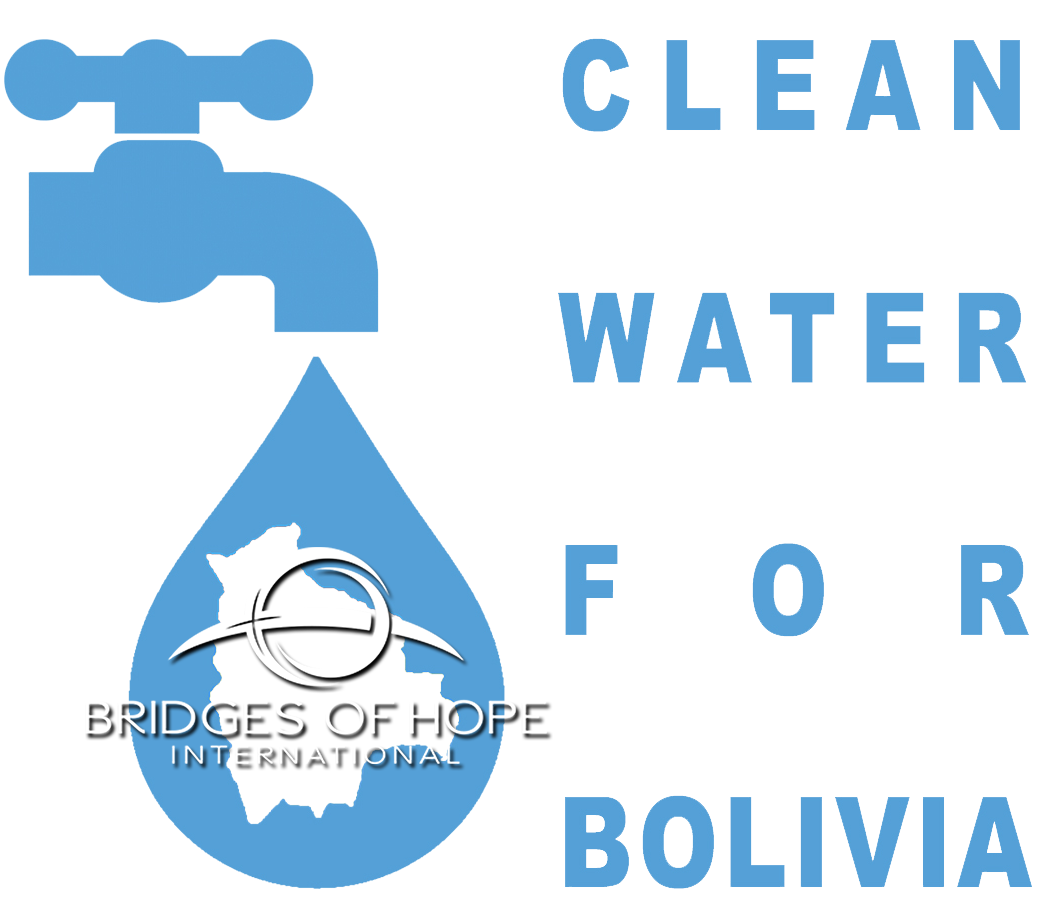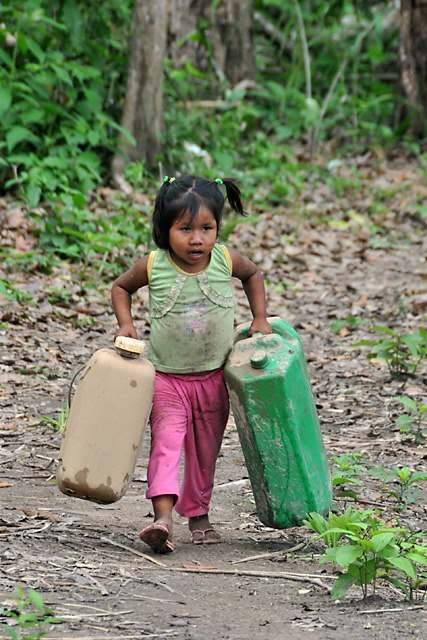
The Challenge
Bridges of Hope International realizes that worldwide there is a lack of access to clean and safe water for almost a billion people. In Bolivia, over 50% of the population lacks access to clean and safe water. This is causing children to be very sick and they aren’t able to go to school, health is being affected in young and old, time is being used to walk miles even to obtain non-safe water for families to drink. This is a huge challenge to be able to overcome poverty.
The Solution
In Bolivia, we are partnering with Agua Yaku in order to make a difference and bring clean water to those in need of clean and safe water. We have a goal, this October, of providing 40 families with water filtration systems and educating them on how to use them. We are dedicated to show compassion and to make the quality of life better and we need your help to do this! Each water filtration system costs $80 and we have our goal set to raise $4000. This will cover the costs of the water filtration system and also give us the ability to have medical clinics, utilizing the physicians and nurses that we have going on our Impact Trip. Towards the bottom of the page, we ask that you make a donation to this project. No donation is too small or too large to make an impact! Thank you so much!
LACK ACCESS TO SEWAGE SYSTEM
CHILDREN THAT DIE BEFORE THE AGE OF 5
PERCENTAGE OF CHILDREN AGE 5 AND UNDER THAT DIE FROM WATER RELATED ILLNESS
PERCENTAGE OF BOLIVIANS THAT LACK ACCESS TO SAFE AND CLEAN WATER
Why is safe water essential?
Clean water is important!
Water is a fundamental human need. Each person on Earth requires at least 20 to 50 liters of clean, safe water a day for drinking, cooking, and simply keeping themselves clean.

It's serious...
Polluted water isn’t just dirty—it’s deadly. Some 1.8 million people die every year of diarrheal diseases like cholera.
Everything suffers.
Education suffers when sick children miss school. Economic opportunities are routinely lost to the impacts of rampant illness and the time-consuming processes of acquiring water where it is not readily available. Children and women bear the brunt of these burdens.

